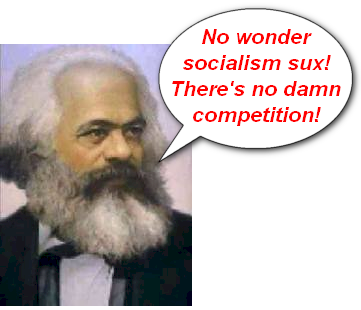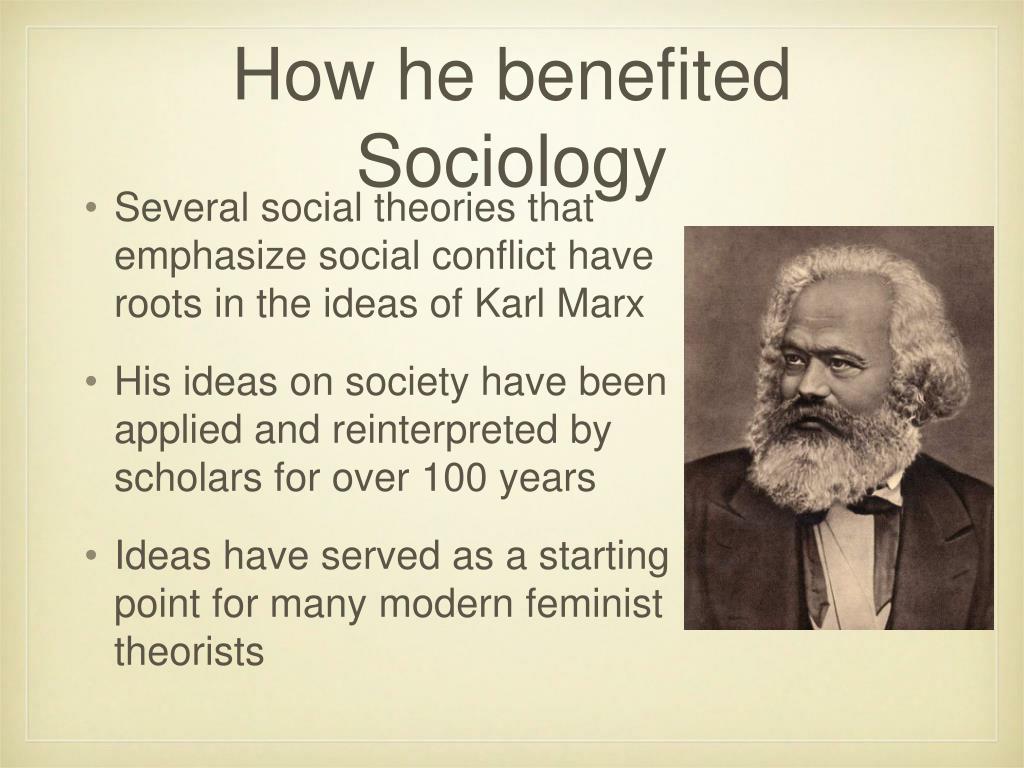

This bourgeois mass was ROYALIST, however. After they had founded a republic for the bourgeoisie, had driven the revolutionary proletariat from the field, and had meanwhile silenced the democratic middle class, they are themselves shoved aside by the mass of the bourgeoisie, who justly appropriate this republic as their property. The epoch between December 20, 1848, and the dissolution of the constitutional assembly in May, 1849, embraces the history of the downfall of the bourgeois republicans. The view here is perfectly clear - Marx describes the Republic of 1848 as the naked expression of the economic interests of the bourgeoisie, imposed on the whole of society through control of the state. Karl Marx, The Eighteenth Brumaire of Louis Bonaparte, p.

The defeat of the June insurgents prepared, leveled the ground, upon which the bourgeois republic could be founded and erected but it, at the same time showed that there are in Europe other issues besides that of “Republic or Monarchy.” It revealed the fact that here the BOURGEOIS REPUBLIC meant the unbridled despotism of one class over another. On its side stood the aristocracy of finance, the industrial bourgeoisie the middle class the small traders’ class the army the slums, organized as Guarde Mobile the intellectual celebrities, the parsons’ class, and the rural population…. To this declaration of the constitutional national assembly, the Paris proletariat answers with the June insurrection, the most colossal event in the history of European civil wars. The demands of the Parisian proletariat are Utopian tom-fooleries that have to be done away with. Upon the bourgeois monarchy of Louis Philippe, only the bourgeois republic could follow that is to say, a limited portion of the bourgeoisie, having ruled under the name of the king, now the whole bourgeoisie was to rule under the name of the people. Marx and Engels, Communist ManifestoĪnd here is his account of the establishment of the French “bourgeois republic” following the Revolution of 1848: The executive of the modern state is but a committee for managing the common affairs of the whole bourgeoisie. An oppressed class under the sway of the feudal nobility, an armed and self-governing association in the medieval commune: here independent urban republic (as in Italy and Germany) there taxable “third estate” of the monarchy (as in France) afterwards, in the period of manufacturing proper, serving either the semi-feudal or the absolute monarchy as a counterpoise against the nobility, and, in fact, cornerstone of the great monarchies in general, the bourgeoisie has at last, since the establishment of Modern Industry and of the world market, conquered for itself, in the modern representative State, exclusive political sway.
Carl marx general thoughts full#
This is the full passage about the “managing committee of the bourgeoisie” from the Communist Manifesto:Įach step in the development of the bourgeoisie was accompanied by a corresponding political advance of that class. Here are a few important passages from Marx’s writings in the 1840s and 1850s.

Most of Marx's ideas about the state and government were formulated during the years surrounding the revolutions of 1848. This is his view that political power derives from class privilege and state organs act in support of class interests. How precisely this is implemented was not of scientific interest to Marx, and he believed he had a more fundamental understanding of the orientation and workings of government. What Marx most likely would have asserted is that the existence of bureaucracy in government is a second-order factor, and that the main event is the existence and use of political power through the tools of state action. Marx added essentially nothing to this task. And yet it is crucial to understand government - including nineteenth century European governments - as bureaucracies organizing the flows of revenue, regulations, information, and coercion. When he mentioned politicians in any European country it was as particular individuals rather than as functionaries. He had literally nothing to say about the workings of real governments - the British state or the French state, for example, and nothing to say about the ministries and bureaus through which the affairs of government worked.

That said, Marx was not much of an organizational thinker. He generally regarded government and law as an expression of class interests. The slogan “the capitalist state serves as the managing committee of the bourgeoisie” represents the simplest version of his view of the state. Marx had something of a theory of politics and somewhat less of a theory of government.


 0 kommentar(er)
0 kommentar(er)
